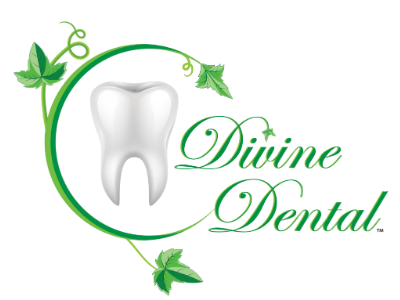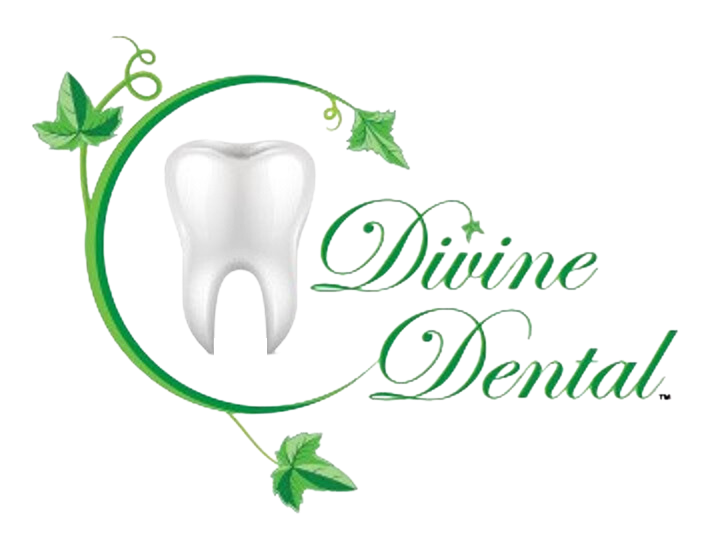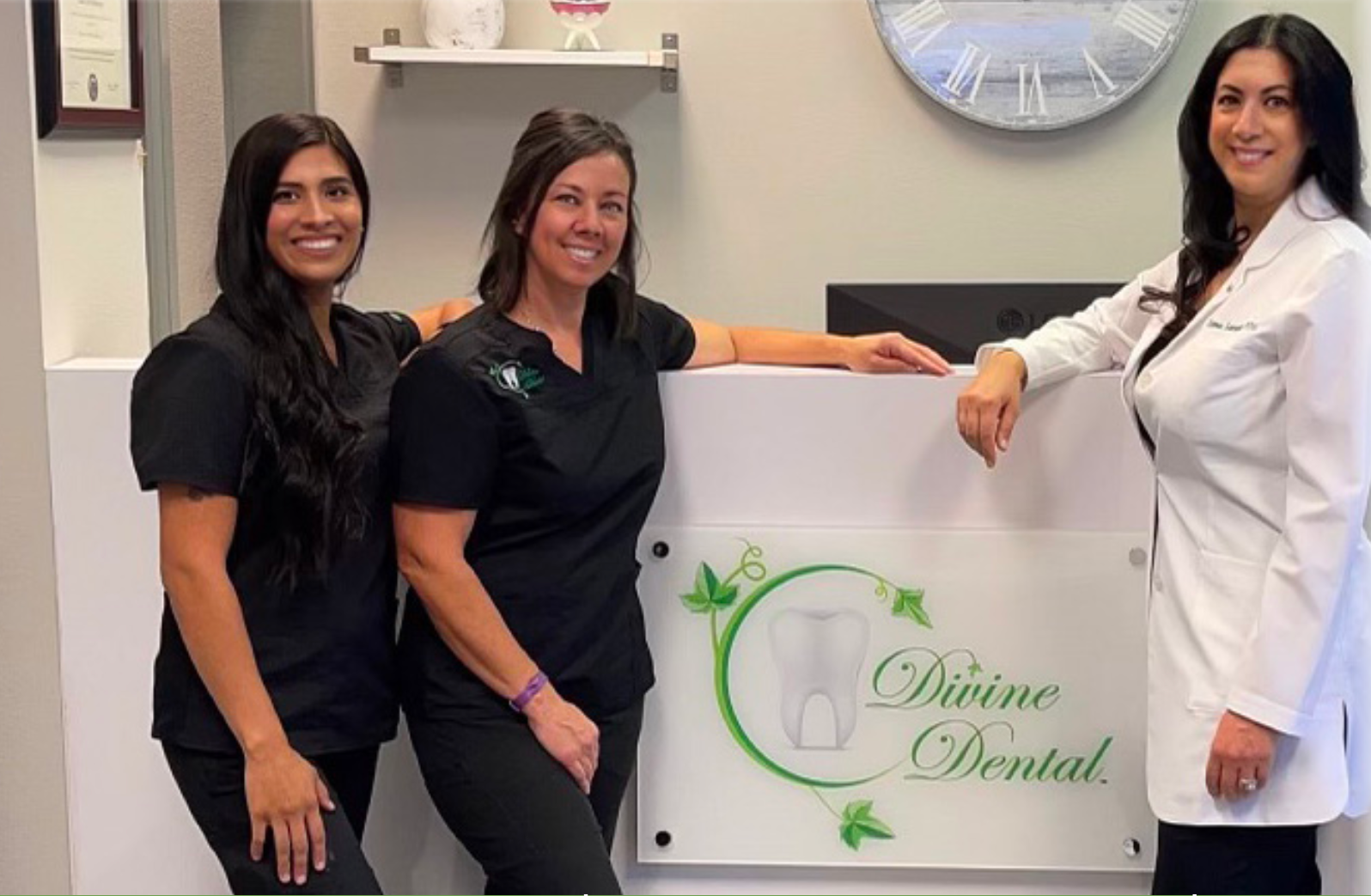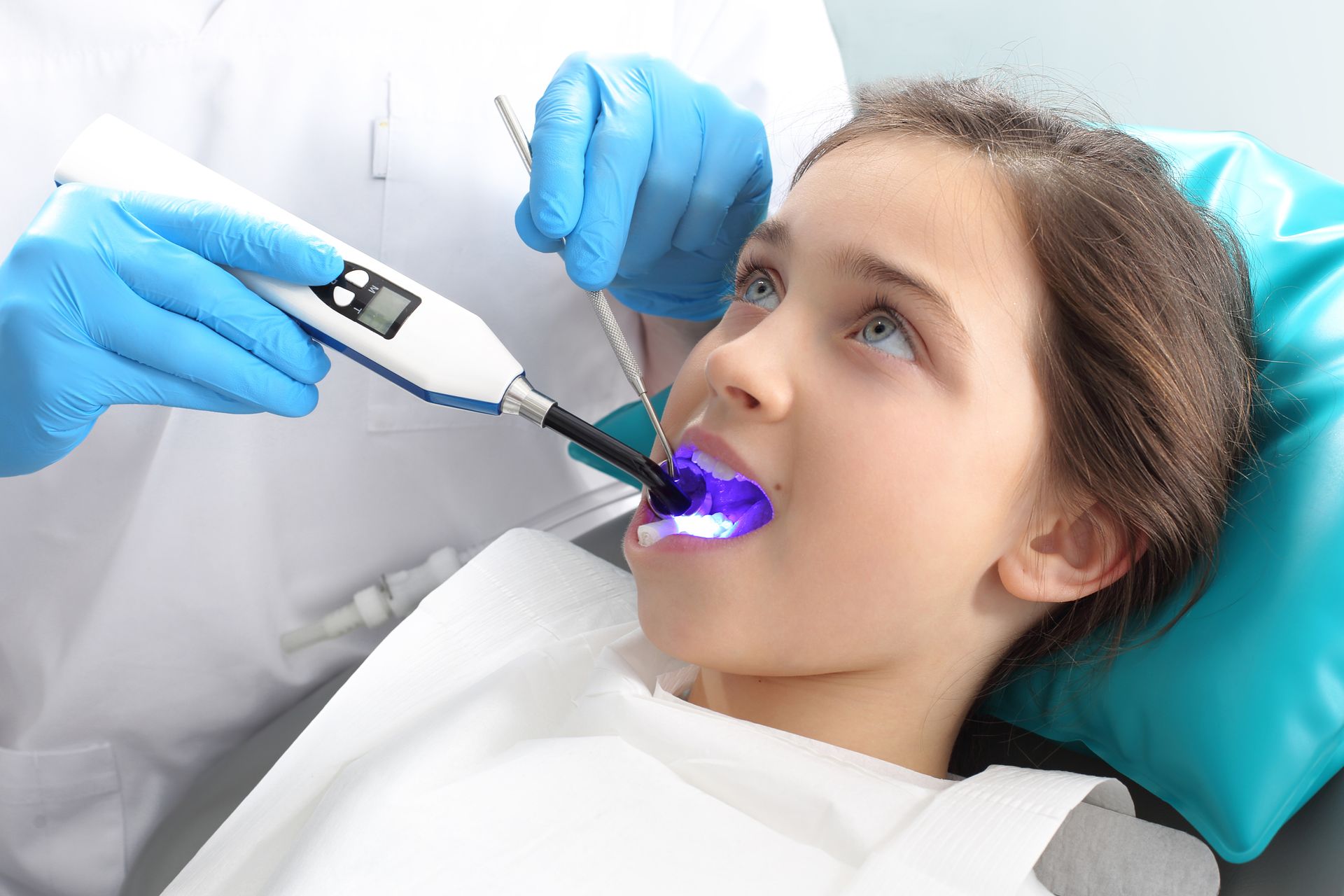Top Scottsdale
Dental Sealants
Our goal is to put a smile on your face, and we'll do everything it takes to ensure we do.
Get A Free Second Opinion
Dental Sealants
Divine Dental's dental sealants service in Scottsdale, Arizona, is a comprehensive treatment that helps protect teeth from cavities and decay. Our experienced team of dentists specializes in the latest application techniques to ensure long-lasting protection for your teeth. Using the highest quality materials available, our staff offers fast and effective dental sealants, painted on the chewing surfaces of molars and premolars.
Once applied, these sealants form an invisible barrier, creating a protective shield over the teeth that keeps cavity-causing bacteria out. This procedure is safe and painless, as it requires no drilling or anesthesia. With regular check-ups at Divine Dental, we can monitor the condition of your sealants to ensure optimal oral health for many years to come.
Dental Sealants at Divine Dental: Your Smile's First Line of Defense!
At Divine Dental, we believe in prevention as much as perfection. Introducing our dental sealants - a quick, painless, and effective method to shield your teeth from cavities. Designed especially for those hard-to-reach nooks and crannies, our sealants provide a protective shield over the tooth's enamel, dramatically reducing the risk of decay. It's more than just a treatment; it's your smile's personal bodyguard. Let us help you maintain a radiant, healthy smile with the exceptional care and expertise you've come to expect from Divine Dental. Because every smile deserves divine protection.
Question 1.
Are dental sealants visible in the mouth?
Dental sealants are designed to be minimally noticeable in the mouth once they are applied and hardened. They can either be transparent or slightly tinted to match the natural tooth color. When properly placed, they blend in seamlessly with the surrounding teeth, particularly on the back teeth which are less visible. As a result, dental sealants are generally not easily detectable to others when in the mouth.
Question 2.
Are dental sealants safe to use?
Dental sealants have been proven to be a safe dental procedure for children. Extensive research conducted by reputable organizations such as the Centers for Disease Control and Prevention and the American Dental Association consistently show that children who have dental sealants are less likely to develop cavities compared to those who do not.
One concern that some individuals may have regarding sealants is the presence of a synthetic compound called BPA (bisphenol A). BPA can be harmful to humans in large amounts. However, it is important to note that not all dental sealants contain BPA, and even those that do contain only trace amounts well below the levels known to cause harm.
In summary, based on the data and research available, it can be confidently stated that dental sealants are safe to use, as they have consistently demonstrated a reduction in cavities without posing any significant risk to individuals' health.
Question 3.
What are dental sealants made of and how do they work?
Dental sealants are composed of a resin, which is a type of plastic, that is applied to the teeth. They work by filling in the crevices and grooves on the tooth surface, creating a protective barrier against decay-causing agents. The resin is initially in a liquid form, allowing the dentist to easily paint it onto the teeth. Once applied, the resin hardens and forms a strong bond with the tooth. To expedite the hardening process, a special curing light is used, which helps the sealants to solidify within a matter of minutes. It's worth noting that while there are concerns regarding the use of a synthetic compound called BPA in some sealants, not all sealants contain BPA, and even for those that do, the levels present are only trace amounts that are well below the threshold known to cause harm to humans.
Discover the Power of Dental Sealants at Divine Dental!
Embrace a future with healthier teeth at Divine Dental. Our top-tier dental sealants work silently behind the scenes, safeguarding those vulnerable areas where plaque and decay often sneak in. Crafted with precision and care, these protective barriers are applied seamlessly to your molars, ensuring they stay in peak condition for years to come. Gone are the days of worrying about those hidden cavities! With a visit to Divine Dental, you're not just getting a treatment; you're investing in long-lasting oral health. Step into our clinic, and step out with confidence, knowing your smile has the divine edge against decay.
Q: What exactly are dental sealants?
A: Dental sealants are specialized resin-based coatings meticulously applied to the occlusal (chewing) surfaces of molars and premolars. Their primary function is to fill the natural grooves and fissures present in these teeth. These grooves can often be breeding grounds for harmful bacteria due to the difficulty of cleaning them through regular brushing. The sealants form a protective shield, effectively keeping food particles and acids away, thereby preventing tooth decay from starting in these susceptible areas.
Q: Are sealants just for children?
A: Dental sealants are most commonly associated with pediatric dentistry because children's newly erupted permanent teeth benefit significantly from this preventive measure. However, this doesn't mean adults can't benefit. Individuals of any age, who don't have fillings or cavities in their molars, can consider dental sealants as an effective preventive dental solution. It's all about keeping your teeth protected, regardless of age.
Q: How long do dental sealants last?
A: When applied correctly and with proper oral care, dental sealants can last from 5 to 10 years. However, it's essential to have regular dental check-ups to monitor the sealants' integrity. Over time, sealants might wear out or occasionally chip, necessitating a reapplication to ensure continued protection.
Q: Will the sealant make my teeth feel different?
A: Dental sealants are extremely thin coatings. While some individuals might initially notice a smoother feel on the biting surfaces of sealed teeth, most adapt swiftly, and soon, it becomes virtually imperceptible in day-to-day activities like chewing or speaking.
Q: Is the application of dental sealants painful?
A: Absolutely not! The procedure is non-invasive and painless. It involves cleaning the tooth surface, treating it with a mild acidic solution to ensure the sealant adheres well, rinsing, drying, and then painting on the sealant. Once applied, a special light might be used to help the sealant material harden. No drilling or removal of tooth structure is involved.
Q: How soon after the application can I eat or drink?
A: One of the many advantages of dental sealants is that there's no waiting period post-application. You can resume eating and drinking immediately after the procedure. However, it's always a good idea to be gentle and avoid very hard or sticky foods for the first few hours.
Q: Are there any side effects?
A: Dental sealants have been used safely for decades. Side effects are exceptionally rare. On isolated occasions, individuals might have an allergic reaction to the sealant material, but this is extremely uncommon. If you've previously experienced allergies to dental materials, it's crucial to discuss this with our dental team before application.
Q: Can sealants replace fluoride in preventing tooth decay?
A: Dental sealants and fluoride serve different but complementary roles in dental health. While sealants physically block bacteria and food particles from settling in grooves, fluoride strengthens tooth enamel against acid attacks and helps remineralize early decay areas. Both are integral components of a comprehensive approach to dental health. Using them in tandem provides a robust defense against tooth decay.






